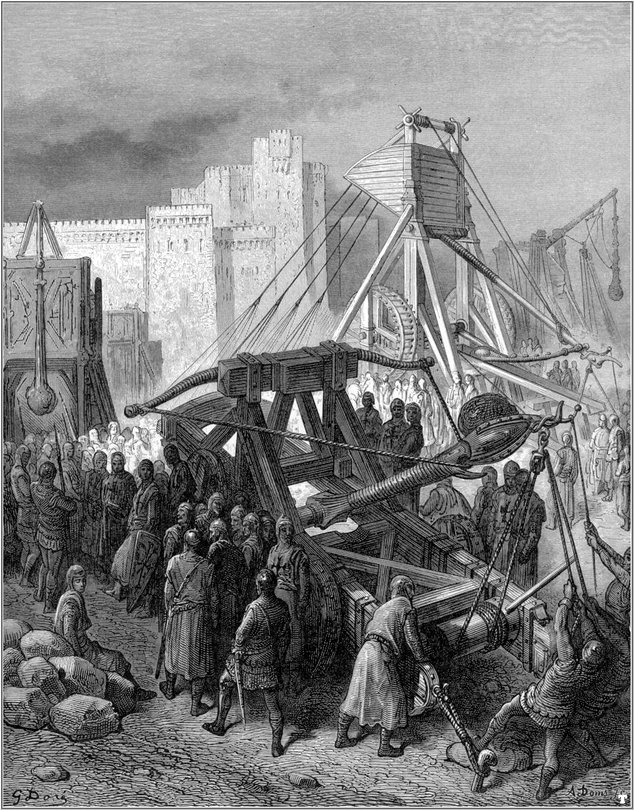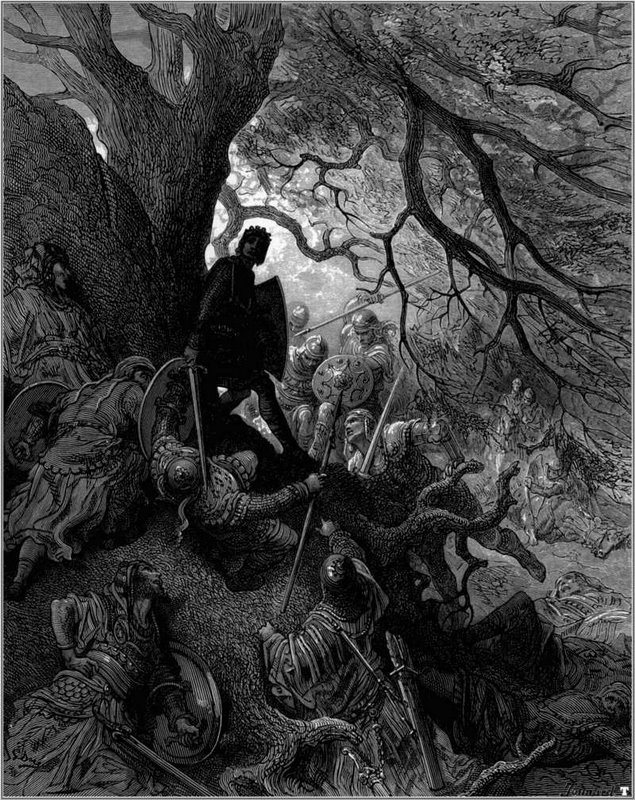.
.
.
.
Our Lord and God Almighty,
we praise you,
for you created us all and made us
into many different tribes and nations,
that we may befriend one another
and that we may not despise each other.
.
.
Open our hearts, we pray,
so that we may respond to the needs
of all our brothers and sisters.
.
.
Oh Lord Jesus, bless all our lands
with more lasting peace and fraternal understanding.
Above all, heavenly Father,
touch the hearts of our political leaders
We pray that they may exercise power gently,
that they may humbly seek a disinterested dialogue
that will bring about understanding,
leading us all to a place where all nations and all people
live together in peace and harmony.
.
.
Where there is bitterness teach us forgiveness and reconciliation,
replace hatred with love and indifference with care.
We ask this through Christ our Lord.
.
.
Amen.
.
.
.
.
Oh Lord Jesus Christ, who said to your apostles
“Peace I leave with you, my peace I give to you”
.
.
Give us courage to challenge the perpetrators of violence
and to change their behaviour.
Help us devote our whole life,
Help us devote our whole life,
thought and energy to the task of making peace.
.
.
We pray for a new Africa,
where fear, violent thoughts or action shall no longer exist,
and where selfishness will not lead people to
commit injustice to others.
.
.
As for the peoples of every African tongue and race,
may your kingdom come;
your kingdom of justice, peace and love.
May peace prevail in Africa.
May peace prevail on earth.
.
Amen.
.
.
.
.
.
Lord, rightful advocate of peace.
God of power and mercy, please destroy war,
which results in a spiral of human suffering
and the destruction of your bountiful creation.
Eliminate violence from our midst and wipe away the tears.
Hear the cries of many African people
afflicted through the death of their loved ones.
Hear the sighs of those who live in constant fear,
Hear the cries of many African mothers
who suffer with hunger pains but still break their backs
to feed their families,
Hear the cries of those who have been displaced
and are facing hunger and scarcity.
Through Jesus Christ our Lord and Saviour we pray.
Amen
.
.
.
.
.


























































